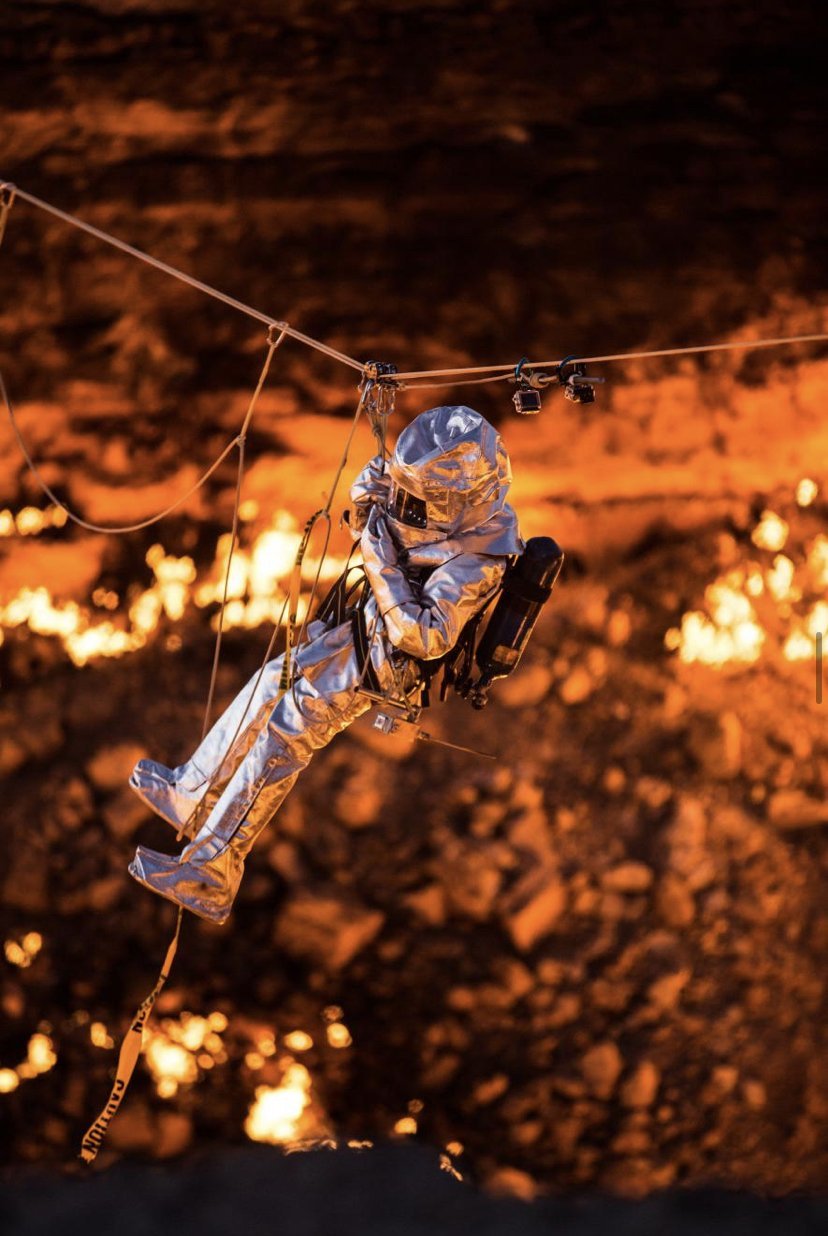Turkmenistan. Miles of eternal sands and sunbaked oases. With the desert comprising up to almost 90% of the country, it lies on the crossroads of the Great Silk road which heavily influenced the culture and cuisine of the entire nomadic state.
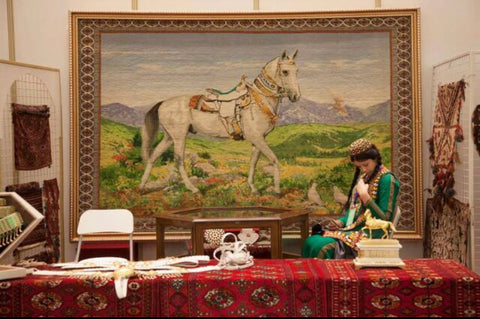
My hometown
I was born and raised in the Eastern part of the Lebap region, the city called Charjew, located on the bank of the Amu River. Rising in the Pamir mountains, the Amu River crosses the city area up north watering the cotton, wheat and grain crops, serving as the one and only source of water in the entire region. Silty and muddy, the waters never received appropriate attention until at the end of 1920s a map of the entire river basin was published in Tashkent, Uzbekistan. I remember gazing at the flowing River Canal through my window and dreaming that one day I shall build a bridge to cross the Canal and visit my nan whose house was on the opposite bank. I never knew that in about twenty years’ time I would be sitting on my bed in London writing these lines about my homeland.
Desert symphony
Duduk, one of the traditional musical instruments along dutar, are among the most comonly played instruments. Though my sister plays a piano. And I have developed endless love for music and art ever since. I used to attend every single of my sister’s concerts enjoying experience and the the interiors of the magnificent halls she used to invite me to as part of her play in the State Symphony Orchestra. Eternal memories of being allowed behind the scenes of the halls watching dancers and musicians get ready to perform in front of an audience. Nerves, tears, last-minute preps and arguments with their boyfriends or girlfriends who did not make it to the event. The place was always filled with love, melody and culture.
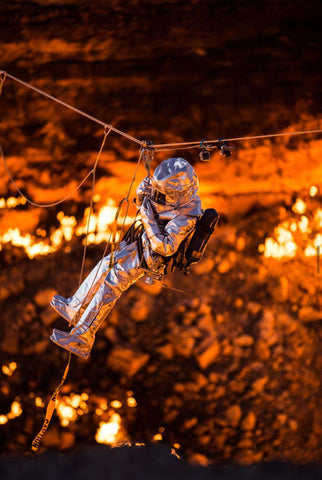
Gates To Hell
The country is a home to several of the world’s natural gas fields, including the world-famous Gates To Hell - The Darwaza Gas Crater. An eternal flame of the Central Asian region, believed to be the result of a drilling mishap, the crater has been burning since 1971. I have not been there myself but the images from Nat Geo make me want to experience the views myself so bare with me as I plan to visit the place very soon.
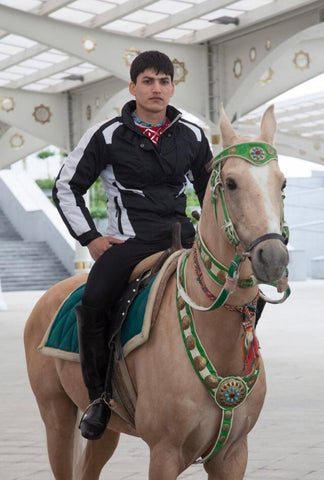
The Akhal Teke Horses
Known for their speed and endurance in search of water, the Akhal Teke horses are the country’s national heritage with a distinctive metallic sheen that lead them to be named ‘Golden Horses’. Historically symbolising power and status, the horse remains a central force in the culture alongside the Karakum (Black Sands) Desert, oil and gas supplies.
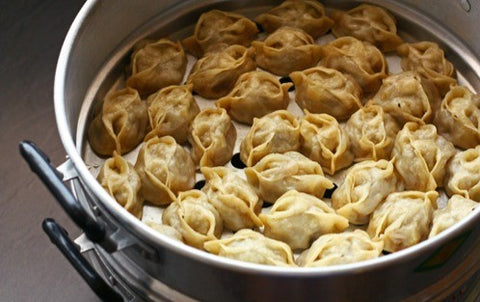
Cuisine
The nostalgic notes of cuisine I am used to comprises of an array of dishes brought to my hometown by Russians, Uzbeks, Chinese, Koreans, Armenians, Georgians, Turks, Iranians and Afghanis. From borscht and manti dumplings to kebab, from pilav to Korean salads markets, the rainbow of tastes and colours is what I crave the most. And an absolute no to frozen food which I still rarely buy here in the UK as it’s a part of our culture to eat freshly bought. I remember watching a live fish gasping for air in the kitchen sink while my mom scaling it. Eat fresh. And I still do.
If you ever decide to visit my homeland, give me a shout or tag me in your social media accounts. I’d love to be a part of your journey, too...|
Yours,
Zalina M
Images Credit: Nat Geo





